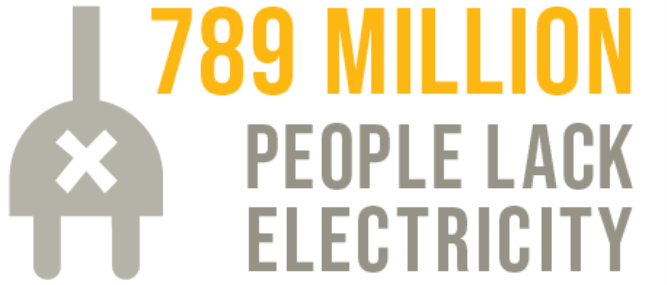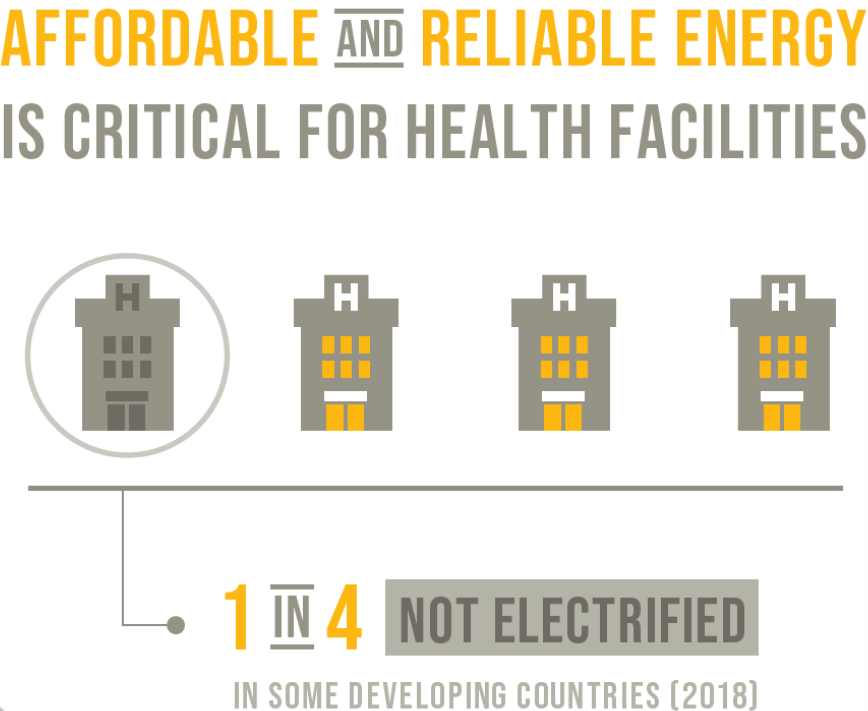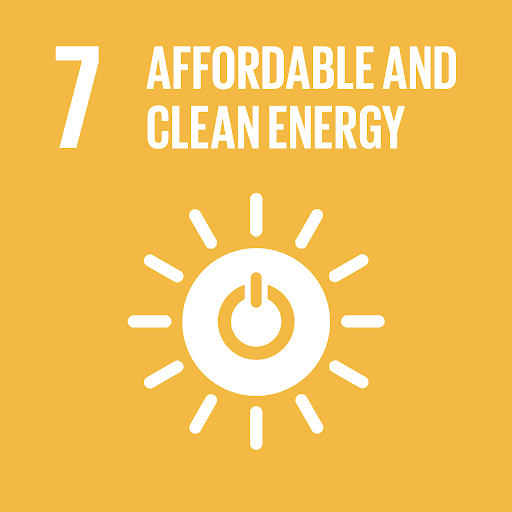Global Electrification Efforts
People are using e lectricity now more than ever before – nearly 9 out of 10 people currently have access to electricity. Progress is undeniable, but it is also uneven. While Latin America, the Caribbean, and Eastern and S
lectricity now more than ever before – nearly 9 out of 10 people currently have access to electricity. Progress is undeniable, but it is also uneven. While Latin America, the Caribbean, and Eastern and S outh-Eastern Asia have exceeded 98% access to electricity by 2018, 13% of the global population remains without access to electricity, including over 570 million people across sub-Saharan Africa. Furthermore, the global urban-rural divide has failed to develop, with 87% of those living without electricity in the world living in rural areas. Efforts must be accelerated to electrify hard-to reach communities.
outh-Eastern Asia have exceeded 98% access to electricity by 2018, 13% of the global population remains without access to electricity, including over 570 million people across sub-Saharan Africa. Furthermore, the global urban-rural divide has failed to develop, with 87% of those living without electricity in the world living in rural areas. Efforts must be accelerated to electrify hard-to reach communities. Renewable Energy and Energy Efficiency
The renewable energy share of total final energy consumption increased by 10% from 2010 to 2017. Given the expansion of wind and solar power, the use of renewable energy has increased mainly in the electricity sector. Electricity, however, constitutes only one-fifth of final energy use. Thus, it is essential to expand the use of renewable energy beyond electricity and into other sectors, such as heat and transport, which make up the 80% of final energy use. Global primary energy intensity (the energy used per unit of GDP) has also improved annually by 2.2% but is still short of the 2.7% annual rate needed to reach the target for 2030.
Stepped up efforts in renewable energy are needed.
Clean Fuels and Technologies
By 2030, the United Nations aims to ensure that the global population primarily relies on clean fuels and technologies, such as liquefied petroleum gas, natural gas and electricity. Particularly in low- and middle-income countries, the lack of cleaner fuels and technologies significantly contributes to environmental degradation and poor health. Nearly 3 billion people are dependent on inefficient and highly polluting cooking systems, resulting in almost 4 million premature deaths annually. As of 2017, 61% of the world’s population has access to clean and safe cooking fuels and technologies. However, as it currently stands, the rate of progress is not sufficient to meet the 2030 target. Moving Forward
Since 2010, internati onal financial commitments for clean and renewable energy in developing countries have doubled, reaching USD 21.4 billion in 2017. However, only 12% percent of these funds were allocated to the world’s least developed countries, which are the furthest from achieving the various SDG 7 targets. In order to reach SDG targets for 2030, concerted global efforts must be undertaken to increase the accessibility of renewable energy.
onal financial commitments for clean and renewable energy in developing countries have doubled, reaching USD 21.4 billion in 2017. However, only 12% percent of these funds were allocated to the world’s least developed countries, which are the furthest from achieving the various SDG 7 targets. In order to reach SDG targets for 2030, concerted global efforts must be undertaken to increase the accessibility of renewable energy.
 The global pandemic will severely hinder energy development and progress toward SDG 7, inciting a rapid reduction in oil prices, disrupting supply chains, and constraining the ability of millions to pay for electricity services. The crisis also underpins the resounding need for reliable, affordable, sustainable, and modern energy, vital to power hospitals, to prepare students for the digital economy, to pump clean water into communities, and to mandate universal access to critical information.
The global pandemic will severely hinder energy development and progress toward SDG 7, inciting a rapid reduction in oil prices, disrupting supply chains, and constraining the ability of millions to pay for electricity services. The crisis also underpins the resounding need for reliable, affordable, sustainable, and modern energy, vital to power hospitals, to prepare students for the digital economy, to pump clean water into communities, and to mandate universal access to critical information.READY TO TAKE ACTION?
We’re taking the fight to Congress. Email This email address is being protected from spambots. You need JavaScript enabled to view it. for more info on how you can join us on Capitol Hill and beyond.
LEARN MORE








